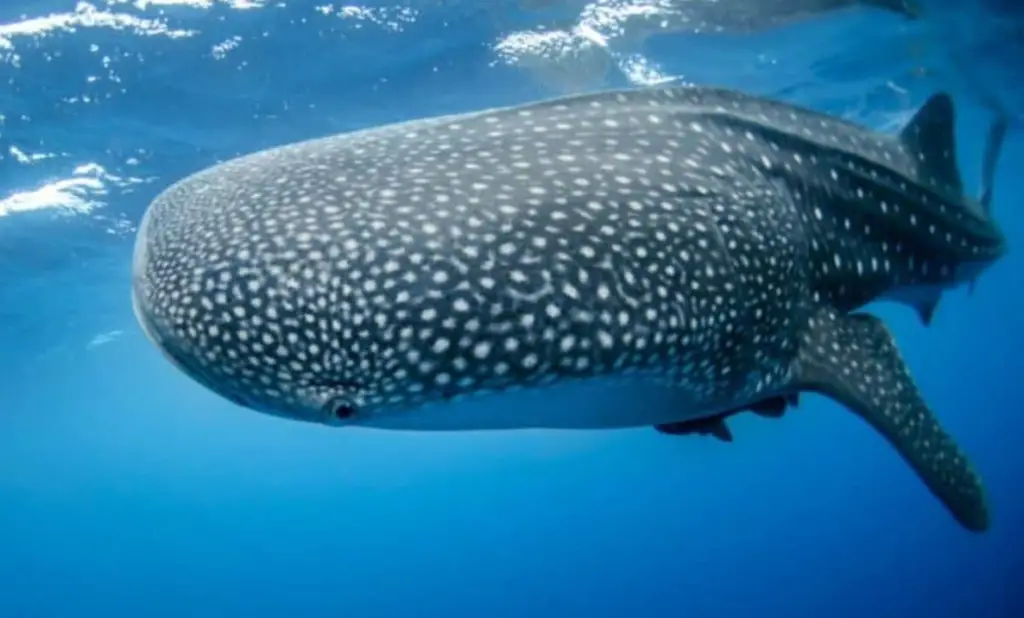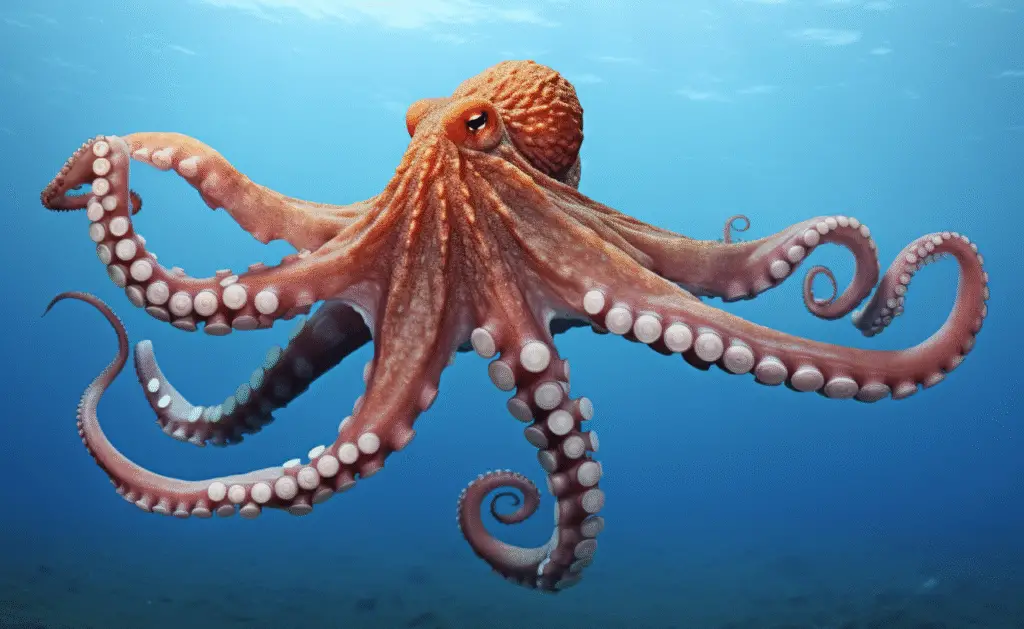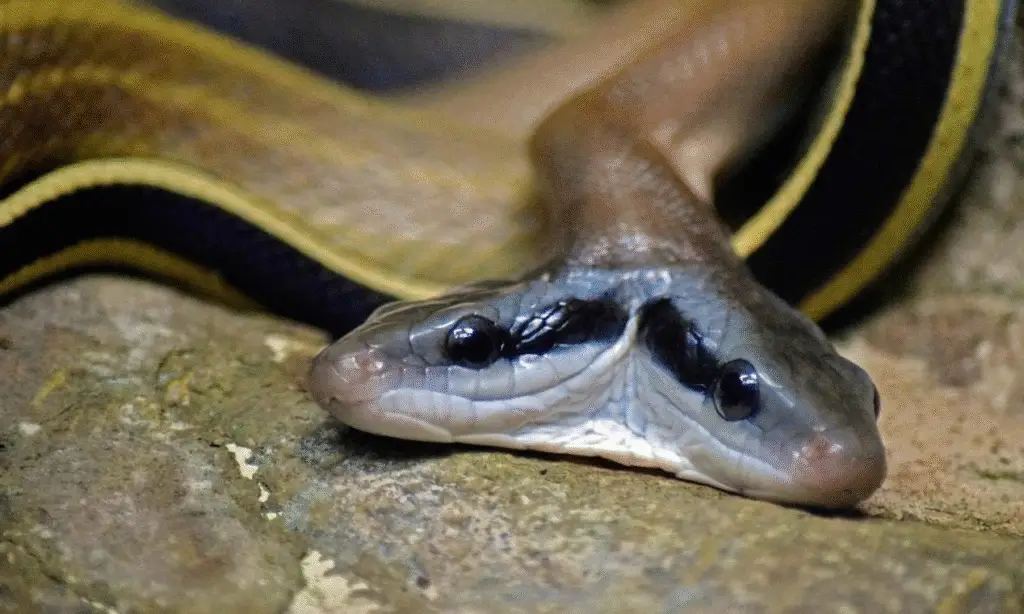Kuwait: The Tiny Oil Giant with the World’s Strongest Currency

Hey there, folks! Let’s talk about a country that’s small but mighty—Kuwait.
Tucked away at the tip of the Persian Gulf, with Iraq to the north and Saudi Arabia to the south, this tiny nation might not be the first place you’d think of when it comes to global powerhouses, but trust me, it’s got some serious clout.
With a population of nearly five million, Kuwait is one of the richest countries in the world per capita, and it’s all thanks to its vast oil reserves.
Oh, and did I mention its currency? The Kuwaiti dinar is the strongest in the world, with 1 dinar buying you a whopping 2.43 British pounds as of June 2025.
Yeah, you read that right—Kuwait’s money is that strong. It’s like the country’s saying, “We’re not just rich; we’re extra rich.”
Oil: The Black Gold That Built a Nation
Kuwait’s wealth is no secret—it’s literally flowing from the ground. The country sits on approximately 104 billion barrels of proven oil reserves, which is about 8% of the world’s total.
That’s enough to make any nation rich, but Kuwait isn’t just sitting on its laurels. In July 2024, it made headlines with the discovery of the Al-Nokhatha field, estimated to hold 3.2 billion barrels of oil equivalent, including 2.1 billion barrels of light oil and 5.1 trillion cubic feet of gas.
This find is so significant that it could supply Kuwait’s entire oil production for three years. Talk about hitting the jackpot!
But Kuwait isn’t stopping there. The country has ambitious plans to nearly double its oil output over the next decade. Currently producing around 2.55 million barrels per day, Kuwait aims to ramp up its production capacity to 3.2 million barrels per day by 2025-2026 and further to 4 million by 2035.
To achieve this, the Kuwait Oil Company is investing heavily, with capital projects valued between 11 and 13 billion dinars (roughly £26.73 to £31.59 billion) over the next five years. That’s a lot of money, even for a country as wealthy as Kuwait!
| Investment Details | Value |
|---|---|
| Capital Projects (KWD) | 11-13 billion |
| Equivalent in GBP | £26.73-£31.59 billion |
| Time Frame | Next 5 years |
Kuwait’s strategic location at the head of the Persian Gulf makes it a key player in global energy markets. As a founding member of OPEC, it’s the third-largest oil producer in the bloc, with a production capacity of about 3.15 million barrels per day.
Oil accounts for 95% of exports and 90% of government revenue, making it the backbone of the economy. But this reliance on oil comes with risks—global price fluctuations can hit hard. Still, with reserves that could last 775 years at current consumption rates, Kuwait’s in a pretty good spot.
The Environmental Cost of Wealth
All this oil wealth comes at a cost, and it’s not just financial. Oil production is a major driver of climate change, and Kuwait, like other oil-rich nations, faces criticism from environmentalists.
The World Wildlife Fund (WWF) points out that oil and gas exploration disrupts migratory pathways, degrades animal habitats, and risks devastating oil spills. It’s a tough pill to swallow, but Kuwait’s strategic location and vast reserves mean it has a unique role to play in global energy policies.
The Kuwait Oil Company claims it can produce oil “economically viable and environmentally sound”. They’ve reduced flaring from 17% to 0.5% since 2005 and are using carbon capture and solar power to lower emissions.
But let’s be real—doubling oil output doesn’t exactly scream “green revolution.” Environmentalists argue that Kuwait’s push for more production could exacerbate climate issues, and it’s hard to disagree. Balancing profit with the planet is a challenge, and Kuwait’s got some tough choices ahead.
| Environmental Impact | Details |
|---|---|
| Issues Highlighted by WWF | Disruption of migratory pathways, habitat degradation, oil spills |
| KOC’s Sustainability Efforts | Reduced flaring to 0.5%, carbon capture, solar power integration |
| Criticism | Increased production may worsen climate change |
A Political Landscape in Flux
Kuwait stands out in the Gulf for its relatively open political system. Its parliament, dominated by opposition MPs, is the most powerful elected body in the region, often clashing with the royal-appointed government.
This tension has led to repeated dissolutions, with no parliament serving a full term since 2016. In May 2024, just weeks after elections, the Emir dissolved parliament and suspended some constitutional articles for up to four years, citing political turmoil and corruption.
This move has sparked concerns about Kuwait’s democratic future. The Emir, Sheikh Mishal Al-Ahmad Al-Sabah, said it was to “save the country,” but critics worry it could lead to more authoritarian control.
Kuwait’s Al-Sabah family still holds significant power, choosing government ministers, but the parliament’s influence has been a point of pride. The dissolution reflects growing calls for radical political reform, but it’s a delicate balance. Too much change could destabilize, while too little could stifle progress.
| Political Developments | Details |
|---|---|
| Parliament Dissolution | May 2024, weeks after April elections |
| Constitutional Articles | Suspended for up to 4 years |
| Reason Cited | Political turmoil, corruption |
| Concerns | Potential shift toward authoritarianism |
The Strongest Currency in the World
Let’s talk about the Kuwaiti dinar, shall we? It’s not every day you hear about a currency stronger than the US dollar or British pound, but here we are. As of June 2025, 1 KWD buys you 2.43 GBP, making it the world’s strongest currency.
This strength reflects Kuwait’s economic stability and oil-driven wealth. With a GDP per capita of $31,944 in 2024, Kuwaitis enjoy a high standard of living.
But with great power comes great responsibility. Kuwait’s wealth gives it the means to be a global player, not just in oil but in shaping energy and political futures. The dinar’s strength is a double-edged sword—it’s a symbol of prosperity but also a reminder of oil dependency.
Diversifying the economy is a hot topic, but progress has been slow compared to neighbors like Saudi Arabia or the UAE. Kuwait’s got the cash; now it needs the vision.
Kuwait’s Global Role
Kuwait’s not just a rich country; it’s a strategic one. Its location makes it a hub for US military presence, and it’s a key ally.
The country’s conservative, Muslim culture shapes its policies, but it’s more open than many neighbors. Still, Kuwait lags in economic diversification, with oil dominating the economy.
The International Monetary Fund projects a 1.4% GDP decline in 2024, highlighting the need for reform.
Challenges and Opportunities Ahead
Kuwait’s story is one of contrasts—immense wealth paired with immense challenges. The Al-Nokhatha discovery is a game-changer, boosting Kuwait’s oil ambitions and reinforcing its role in global markets.
But the environmental toll can’t be ignored. The WWF’s warnings about habitat destruction and oil spills hit home, especially as Kuwait pushes to double production.
I can’t help but wonder if the country can truly deliver on its promise of “environmentally sound” oil production. It’s a tall order, and the world’s watching.
On the political front, Kuwait’s open system is both a strength and a vulnerability. The parliament’s dissolution in May 2024 has sparked debate about democracy’s future. As someone who values open dialogue, I find it concerning that constitutional articles were suspended.
Sure, the Emir’s trying to stabilize things, but at what cost? Kuwait’s parliament has been a beacon of democracy in the Gulf, and losing that edge would be a shame. The calls for reform are loud, and they’re not going away.
Economically, the dinar’s strength is a point of pride, but it’s also a reminder of Kuwait’s oil dependency. Neighbors like Saudi Arabia are diversifying with projects like NEOM, while Kuwait’s efforts, like its 2035 Vision, are slower to take off.
With a GDP per capita of $31,944, Kuwaitis live well, but the IMF’s projected 1.4% GDP decline in 2024 is a wake-up call. Diversification isn’t just a buzzword—it’s a necessity.
A Tiny Nation with Big Dreams
Kuwait’s future hinges on its ability to navigate these challenges. The Al-Nokhatha field and plans to boost oil production to 4 million barrels by 2035 show ambition, but they also amplify environmental risks.
The Kuwait Oil Company’s investments—£26.73 to £31.59 billion over five years—are a bold move, but they need to be paired with serious sustainability efforts. Carbon capture and solar power are steps in the right direction, but they’re not enough on their own.
Politically, Kuwait’s at a crossroads. The Al-Sabah family’s grip on power is firm, but the opposition’s push for reform is gaining steam. The parliament’s dissolution might buy time, but it’s not a long-term fix. As a US ally with a strategic location, Kuwait’s stability matters globally. Its military ties, hosting around 13,500 US troops, make it a key player in regional security.
Personally, I’m rooting for Kuwait to find its balance. Its wealth and location give it a unique platform to lead, not just in oil but in innovation and governance. The dinar’s strength is a testament to its economic prowess, but it’s the country’s next moves that will define its legacy.
Can it diversify its economy? Can it maintain its democratic edge? Can it produce oil without wrecking the planet? These are the questions that keep me up at night, and I’m sure Kuwait’s leaders are wrestling with them too.
































